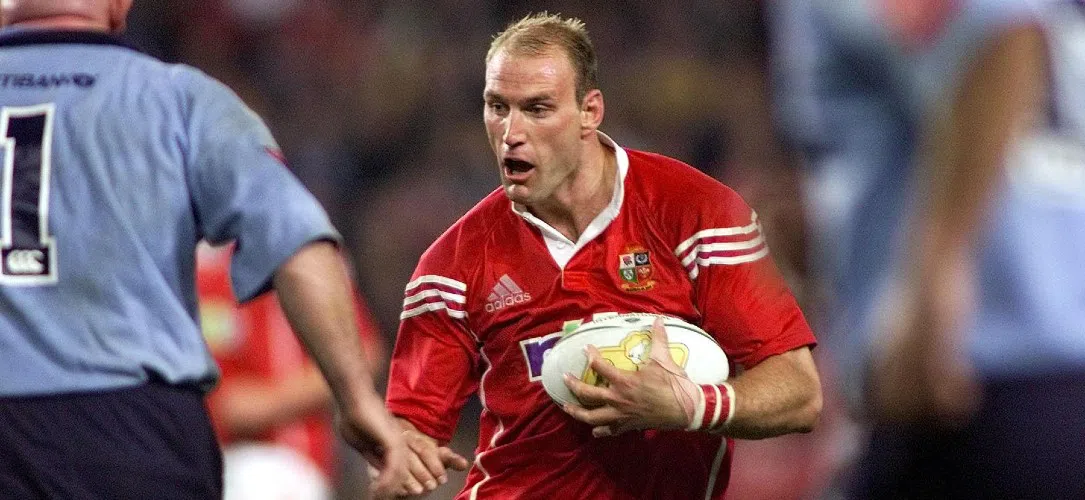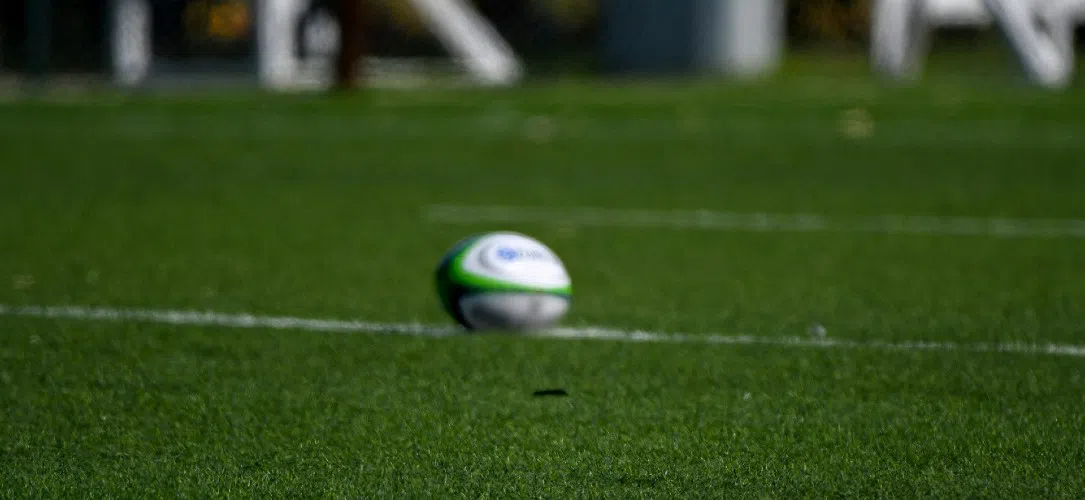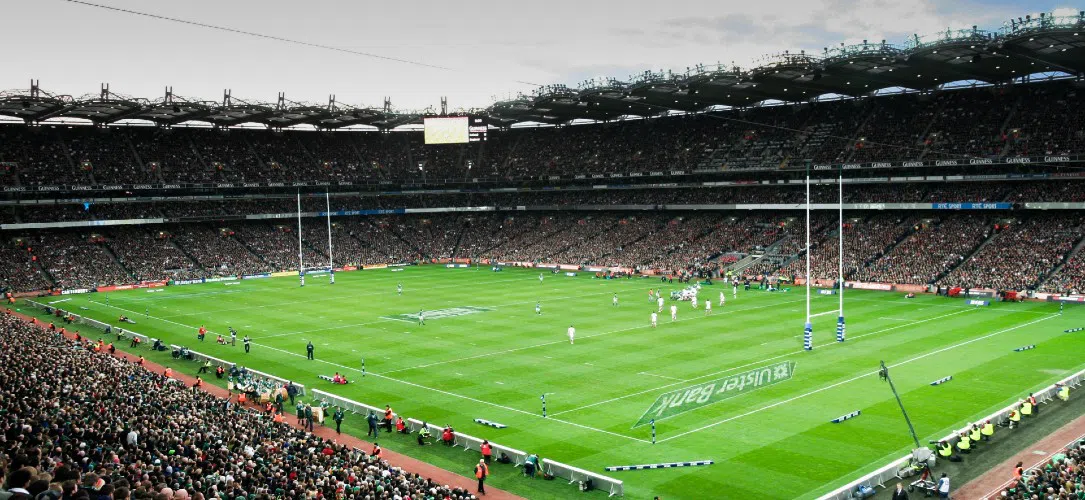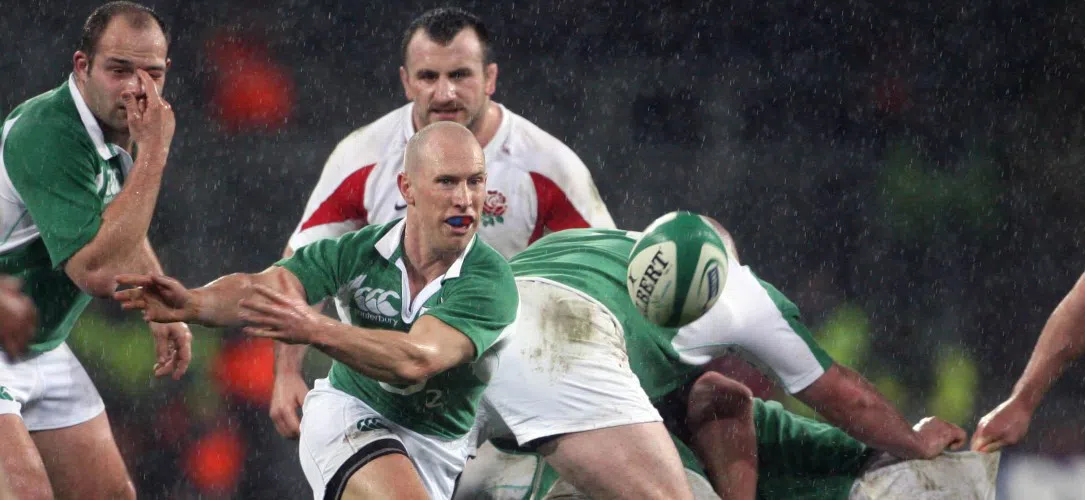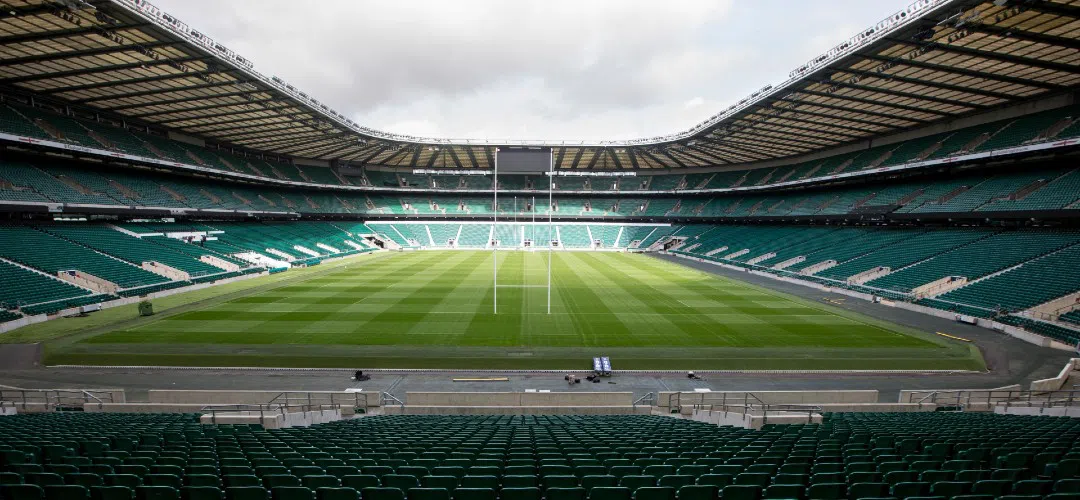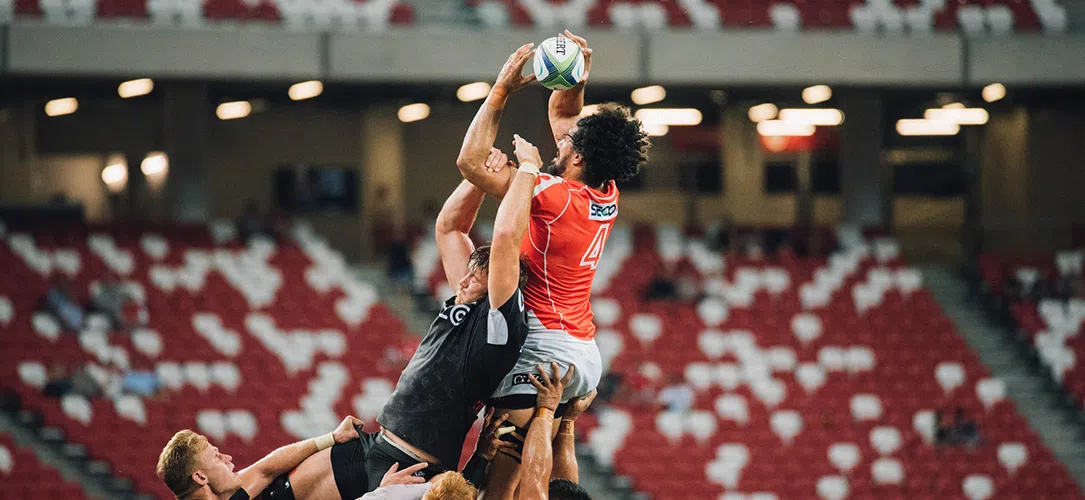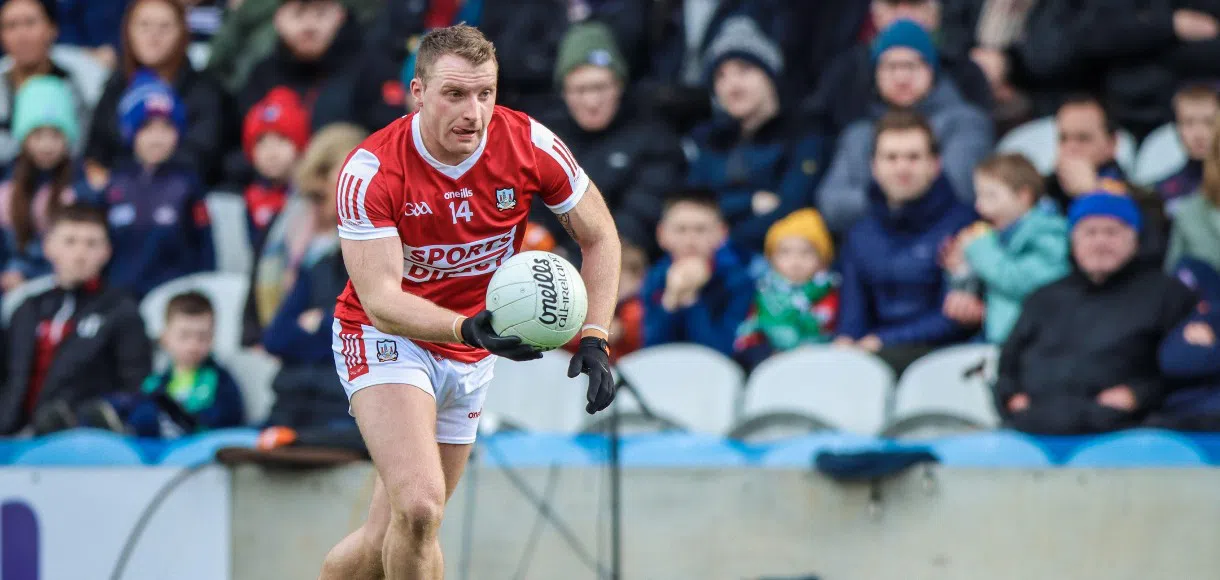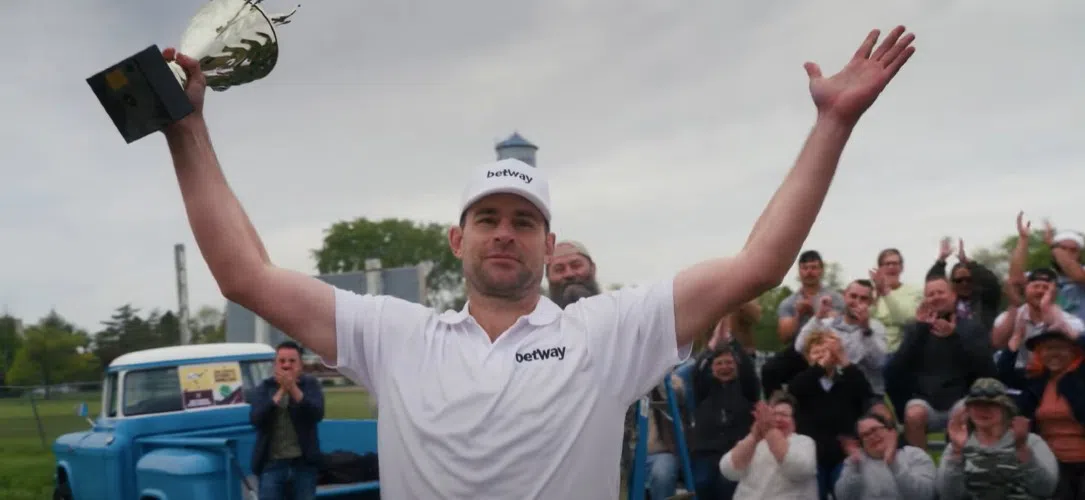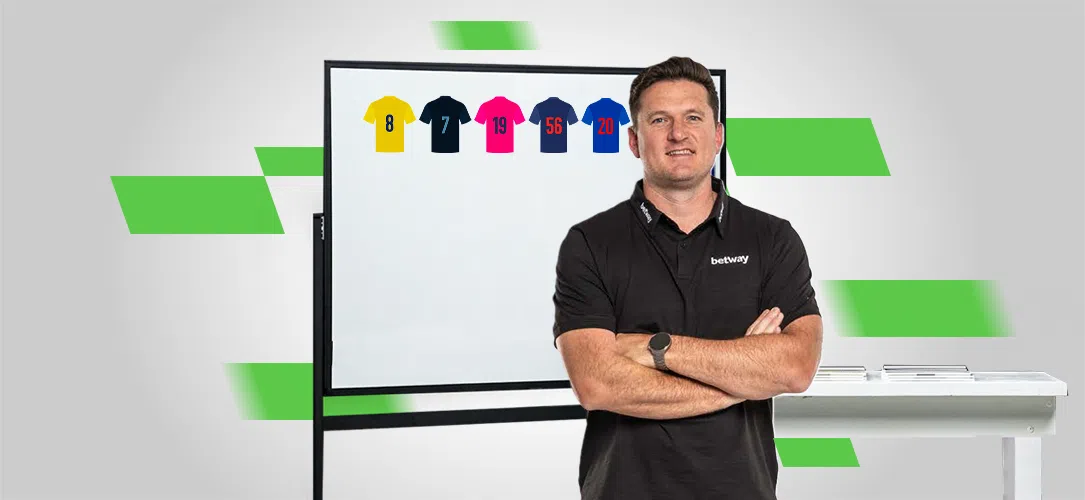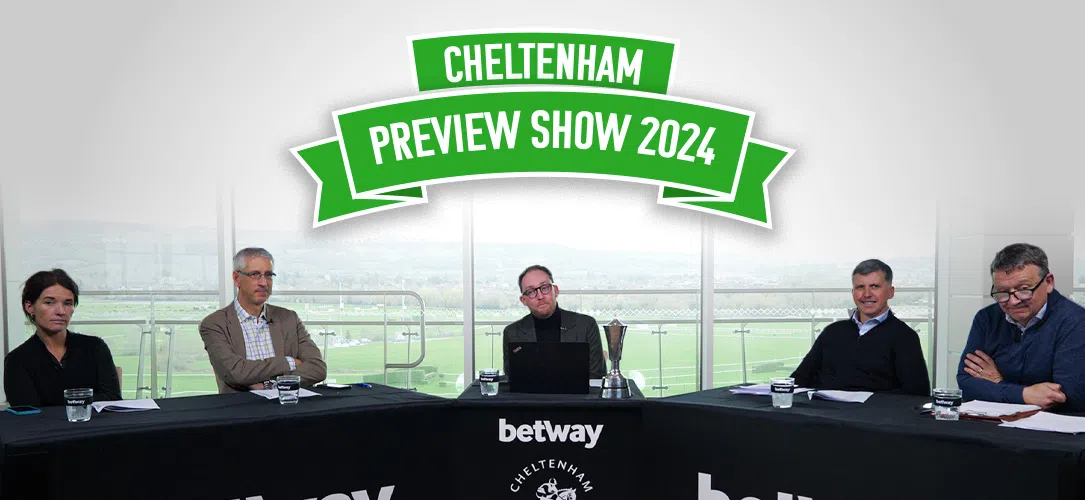Even the very best teams must adapt to different challenges in order to win the Rugby World Cup - just ask the class of 2003
Stuart Lancaster’s remodelling of his midfield for England’s crucial Pool A match against Wales on Saturday has, unsurprisingly, been met with varying degrees of consternation.
But while the suggestion that such a decision can be seen as a gamble is fair – World Cups do, after all, require the sort of big calls upon which reputations are forged – the accusation that it equates to England hitting the panic button is not.
Ever since Lancaster took over the reins of England’s chariot in 2011, his ethos has always revolved around the whole being greater than the sum of its parts.
Indeed, the dilemma that he now faces in how to fill the void at centre is merely borne from that steadfast refusal to focus on individuals over the bigger picture – having long since discarded the disgraced Manu Tuilagi from his plans.
Lancaster was right to put principle first then and he is fully justified in plumping for pragmatism now.
Accepted wisdom is absolutely correct in hailing the virtues of a settled side, particularly when it comes to the fulcrum of 8-9-10-12 – to which England have made three alterations following the injury to Jonathan Joseph.
However, to excel at a World Cup a successful team must be able to balance continuity with a clever cunning that enables them to adapt to different match situations.
Even England’s all-conquering team of 2003 – the most settled of all sides – had to shuffle their hand from time to time, whether through want or necessity.
With their unsung hero in Richard Hill suffering a hamstring strain on the eve of the tournament that would keep him out until the semi-finals, replacement flanker Lewis Moody had to be drafted in.
It was his younger legs that covered the ground to charge down Louis Koen’s clearance in England’s pivotal pool match against South Africa and allow Will Greenwood to canter in for the only try of the game.
And who can forget the contribution of Mike Catt – a surprise selection in Clive Woodward’s squad that turned out to be a masterstroke.
Having come on as a half-time substitute to swing the quarter-final in England’s favour, Catt started at centre in the semi before having the honour of booting the ball into touch at the end of extra-time in the final to see England crowned as world champions. But whereas that team virtually picked itself with a spine of long-established leaders who had been in possession of their respective shirts for years – there is very little to choose between the 31 players that make up the current England crop.
But whereas that team virtually picked itself with a spine of long-established leaders who had been in possession of their respective shirts for years – there is very little to choose between the 31 players that make up the current England crop.
Lancaster has already had to make marginal calls at hooker, second row, number eight and on the wing – many of which have been made even harder by the impressive impact of replacements from the bench – and this is no different.
Far from playing into Wales’ hands, Lancaster would be foolish to allow them a reliable foothold in the game.
With Owen Farrell guarding the 10 channel, Wales’ attempts to break the gain line with forward runners will not be as easy, while the presence of Sam Burgess at centre means that Jamie Roberts will not be the biggest wrecking ball on the pitch.
England’s backs may have more cutting edge than Wales, but they will be peripheral figures if the host nation allow the visitors to set the agenda – as shown by their humbling against the same opposition in the 2013 Six Nations.
As the hallowed generation of 2003 proved, there is absolutely no shame in blunting the weapons of your opponents in order to bring your own to bear.
That triumph was built on an unflinching defence and ability to grind out results when necessary.
England may have been outscored in tries by both Wales and France in the quarter and semi-finals of that tournament, but, crucially, they were not in points.
With a developing team, difficult pool and far more established sides lying in wait in the knock-outs, England were never going to win this World Cup by playing the most expansive style of rugby and never having to adjust their tactics or personnel.
Wales’ strife in recent weeks has just gone to emphasise the importance of having a Plan B, and the fact that England are using theirs by choice rather than having to resort to it through sheer bad luck should count for much.
A gamble it may be, but in this game of stick or twist Lancaster is holding all of the cards.
READ: Mike Tindall in Man v Machine: Round Two
READ: England should be happy with no frills win on thrilling opening weekend



